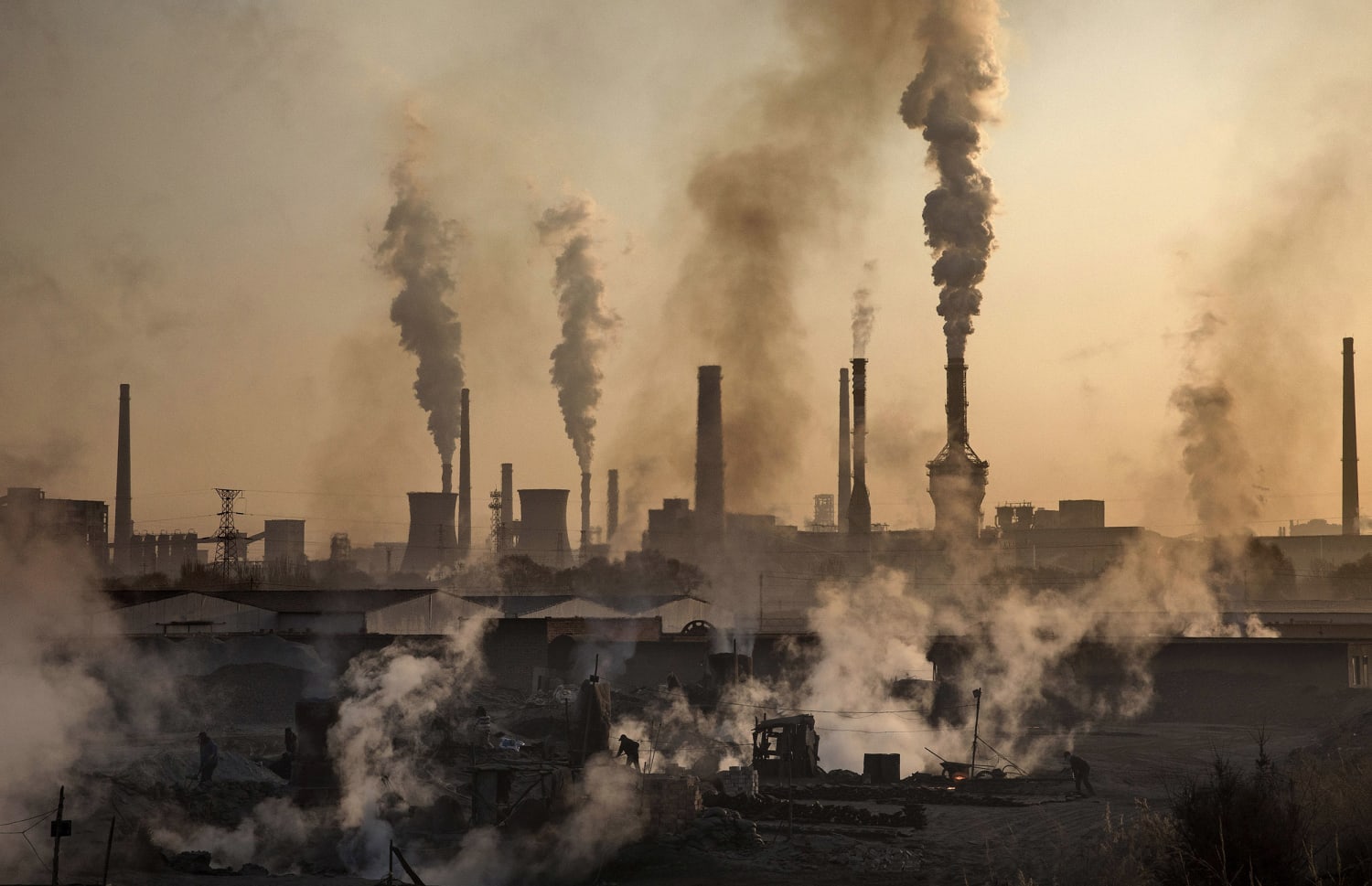LONDON — The decline in carbon emissions that marked a slight silver lining at the start of the pandemic is set to disappear.
Global carbon emissions in 2021 are projected to bounce back significantly, marking what could be the second-largest annual increase ever recorded, a major report said Tuesday.
Emerging economies in particular are predicted to see a surge in fossil fuel usage, according to a report from the International Energy Agency, a Paris-based multinational non-governmental organization that monitors global energy usage, raising fears that critical carbon reduction targets could be missed.
The Covid-19 pandemic led to historically low carbon emissions compared to 2019 figures, as planes were grounded and cars left idle on driveways.
But as the U.S. and Europe tentatively end pandemic restrictions, the IEA predicts an increase in global energy demand of 4.6 percent this year, 0.5 percent higher than in 2019.
Such an increase would be beaten only by the surge seen after the 2008-9 financial crisis, when carbon emissions halved before rebounding strongly.
Download the NBC News app for breaking news and politics
“This economic recovery is anything but sustainable for our climate,” said Fatih Birol, the IEA’s executive director, on Twitter. “If governments don’t act now to speed the shift from fossil fuels to clean energy, things will get worse in 2022.”
Coal demand is set to rise by 60 percent or more globally, the report said, with 80 percent of this demand predicted to occur in Asia and half of it in China, although the reports notes increased demand in the U.S.
Emerging economies will account for 70 percent of the year’s energy demand increase, the IEA said.
Transportation still hasn’t caught up with its pre-pandemic levels, suggesting a future increase in demand for oil. A return to pre-crisis levels of oil demand would push carbon emissions up a further 1.5 percent, the report said.
The IAE also reported that renewable energy continues to rise, with a 3 percent increase in demand in 2020. More than half the increase in electricity supply this year will be provided by renewables, the report said, with green sources set to make up almost 30 percent of the total.
While it blamed China for increases in fossil fuel usage, the IAE said the country would account for almost half the increase in renewable energy use.
President Joe Biden is to hold a virtual climate summit this week at which he’s expected to discuss a binding carbon emission reduction target for the U.S., which some experts have predicted could be 50 percent of current levels by 2030.
The United Nations estimates that a global drop in carbon emissions of at least 45 percent from 2020 to 2030 is needed to stop global temperatures rising by more than 1.5 degrees centigrade (2.7 degrees Fahrenheit).
The United Nations has said that restricting temperature growth to this level would prevent 420 million people being exposed to severe heat waves, as well as boost the survival of some tropical coral reefs and other wildlife.
Source: | This article originally belongs to Nbcnews.com











